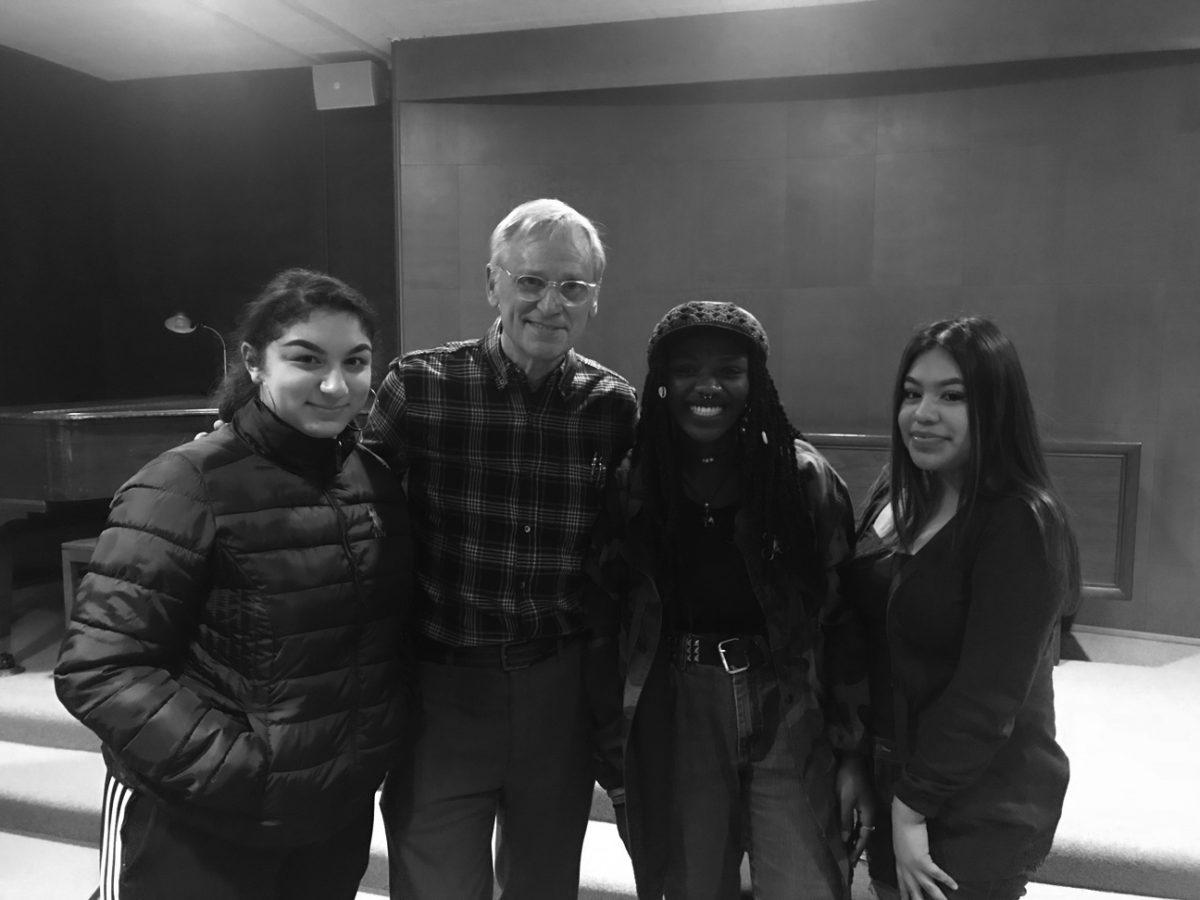
President Trump delivered the State of the Union Address on January 31 to a large crowd; several politicians refused to attend the State of the Union as a way of expressing their discontent with the agenda of President Trump. The politician who initiated this statement was a Representative for Oregon in the United States House of Representatives— Earl Blumenauer. In a press release on his website, Congressman Blumenauer expressed that instead of listening to President Trump deliver more of what he considers to be destructive and divisive messages, he instead wanted to hear “directly from his constituents about their thoughts on the the state of the union.”
Congressman Blumenauer has been serving in the House of Representatives since 1996. The bowtie-wearing, bicycle-loving, native Portlander defeated his Republican counterpart, Mark Brunelle, in the 1996 election, when a seat became open in the House of Representatives because Congressman Ron Wyden had been elected to serve in the Senate. Since then, Blumenauer has been re-elected ten times.
Before being elected to the House of Representatives, Blumenauer graduated with a law degree from Portland’s Lewis and Clark College. After that he immersed himself in the world of politics by serving on the Oregon Legislature, the Multnomah County City Commission, and the Portland City Council as Commissioner of Public Works. He has a history of supporting education, public transportation, legalization of marijuana, and many other issues.
While in Congress, Blumenauer has passed seven bills, whereas Erik Paulsen, the most influential Representative in the U.S. House of Representatives, has only passed four bills, according to the website govtrack.us. Blumenauer’s Communications Director Nicole L’Esperance says that, “Earl has been steadfast in not only resisting terrible policies coming out the White House and a Republican-controlled Congress, but also continuing his work to advance policies that will have positive impacts.” The latest one Blumenauer has proposed, the Food and Farm Act, would increase the amount of insurance available to farmers, protect the environment, create more flexibility in food aid, provide more economic opportunities for farmers, and improve nutrition, among other things. In order for this Act to become implemented, the majority of Congress has to vote in favor of it.
On Wednesday January 31, Blumenauer invited high school students from Portland to an exclusive speech about why he was choosing not to attend the State of the Union Address after school from 4pm to 6pm. The majority of the attendees were Constitutional Law students from high schools such as Grant, Lincoln, Cleveland, and Franklin. According to some Franklin Constitutional Law Students attending, the majority of the audience was made up of students from Grant and Lincoln, who asked him very direct question about his twitter usage and others relating to his media presence. Franklin student Max Weisenbloom (12) saw Congressman Blumenauer at the special student event and said that he had “very good speaking skills. The rhetoric he uses sounds rehearsed, and he takes a while to answer questions when he isn’t prepared. He did a very good job of leaving enough time at the end to answer questions; he left more than 15 minutes.” Another Constitutional law student who attended, Abbie Hall (12), has a unique perspective because she grew up in Texas and moved to Oregon the summer before this year. She says that Congressman Blumenauer represents Portland well because “he seems to embody a lot of the priorities of Portland and he talked a lot about bikepartisanship.”
“He identifies a problem and puts forth tangible and pragmatic solutions. The Congress would be a lot more efficient if more members were like Earl,” said L’Esperance. On February 1, the day after his event for high school students, Congressman Blumenauer announced the beginning of his campaign for re-election. On his campaign page, earlblumenauer.com, he lists a better Food and Farm Bill, a roadmap to the majority, marijuana reform, animal welfare, and election reform as his priorities of things to accomplish after re-election.


































